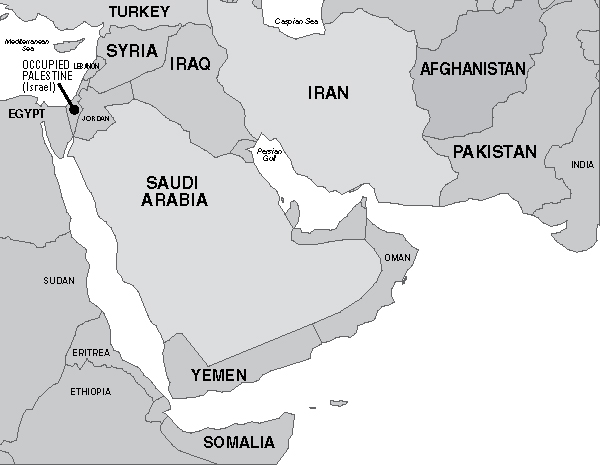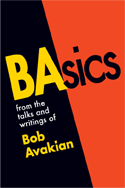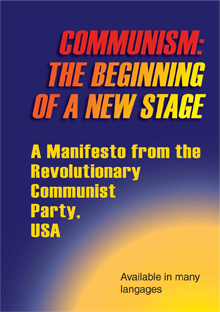For all of their "righteous indignation" at the the way isis beheads their prisoners and treat women, it seems to be okay if you are an official ally, like the saudi arabian regime. As usual, the u.s government are a bunch of lying filthy cowards. Read this please.

Background to the Conflict Between Saudi Arabia and Iran:
A Reactionary Clash Provoked by U.S. Imperialist Maneuvers
January 4, 2016 | Revolution Newspaper | revcom.us
As we go to press, tensions between Middle East regional powers Saudi Arabia and Iran have escalated to a dangerous level. Both sides in this conflict are completely reactionary. Underlying this clash is a series of moves by the U.S. to maintain its empire—an empire which depends on domination of the Middle East and which faces new and volatile challenges.

Saudi Arabia is a brutally repressive regime and is based on a draconian and fundamentalist interpretation of Sunni Islam. Critics of the regime, including liberal bloggers, dissidents, and people accused of being aligned with Islamic jihadist factions not sponsored by the Saudis are routinely whipped, tortured, and executed, including by beheading. Women cannot drive, open a bank account, or leave home without being supervised by a male. None of this has kept Saudi Arabia from being a key ally of the U.S. rulers.
On Saturday, January 2, the Saudi regime executed Sheikh Nimr Baqr al-Nimr, a Saudi advocate for Shi’a Muslims who are persecuted in Saudi Arabia. According to mainstream U.S. news accounts, Nimr Baqr al-Nimr was an advocate for relatively mild reforms. He was executed along with 47 others, some of whom were beheaded, without anything resembling a credible legal process.
Protests immediately erupted in Iran and beyond. In Iran, crowds attacked the Saudi Embassy. As we go to press, Iran and Saudi Arabia have broken diplomatic relations—a high-level escalation of tension.
Iran’s Shi’a Islamic theocratic regime is itself brutally repressive. It executed 694 people in the first half of last year alone, according to Amnesty International. In service of its ambitions as a regional power, Iran has been locked in a complex set of conflicts with Saudi Arabia for several years. A significant factor in the horrific war in Syria has been fighting between Iranian and Saudi-backed forces. The same is true of the conflict in Yemen, which has also created a nightmare of suffering, death, and a massive refugee crisis.
Even as the U.S. has worked to maintain close ties with the Saudis, it has also taken steps to try to integrate Iran into its agenda in the region and beyond. Those moves, particularly the U.S.-Iran deal on nuclear technology, ramped up tensions between the Saudis and the U.S., and between the Saudis and Iran. (For background on the nuclear agreement, see “The U.S. - Iran Nuclear Deal & the Imperialists’ Dilemma” at revcom.us.)
The conflict between Saudi Arabia and Iran is part of a mix of problems the U.S. is trying to manage and maneuver through. Those challenges include conflicts with major powers like Russia and China, and tensions in the U.S. relationship with its key ally in the region, Israel.
Three Critical Things to Understand
The following, from an earlier article at revcom.us, provides important orientation for how to look at these conflicts starting from the interests of humanity, not the interests of the rulers of the U.S., and how people who want to see a whole different world can act in times like these to wrench a revolutionary solution out of this terrible madness.
1. There are major changes in the world, and old rules no longer apply. This is creating huge challenges for the U.S. Things are in great flux, and none of the players involved knows how things will end up. These rivalries and conflicts are not being stage managed; all are responding to events and groping for solutions to vexing contradictions. In the context of the whole regional cauldron and big global shifts, these kinds of developments—including the growing arguments in the U.S. ruling class over what to do—taken together could come together in ways that create profound global jolts, jolts that are part of what the RCP’s “On the Strategy for Revolution” talks about. People who want to see a whole different world need to act in times like these to wrench something completely different out of all this--and, along with other things going on in society, to work to prepare for a revolutionary solution that might emerge out of this terrible madness.
2. No matter how disingenuous (lying) and self-contradictory their claims of bringing “democracy” and “freedom,” the U.S. rulers will try and “lead” people through these choppy waters as they attempt to protect and advance their imperialist interests—training people to support action against whoever the U.S. deems the greatest threat of the moment, and training people to ignore the crimes of those the U.S. finds useful to ally with at any given point. All this is generally sold to people under the rubric of “protecting American lives” and protecting America from “terrorist attacks,” while the rulers actual calculations are driven by concerns of imperialist empire: maintaining U.S. global supremacy and domination of key regions.
3. The only way for anything positive to come out of the situation is for a genuine revolutionary communist pole to emerge and begin leading the masses to fight for their real interests and a radically different future and world. This underscores the urgency of making revolution in this country at the soonest possible moment, and spreading Bob Avakian’s new synthesis of communism, encapsulated in Communism: The Beginning of a New Stage—A Manifesto from the Revolutionary Communist Party, USA, and spreading it far and wide, including throughout the Middle East.


